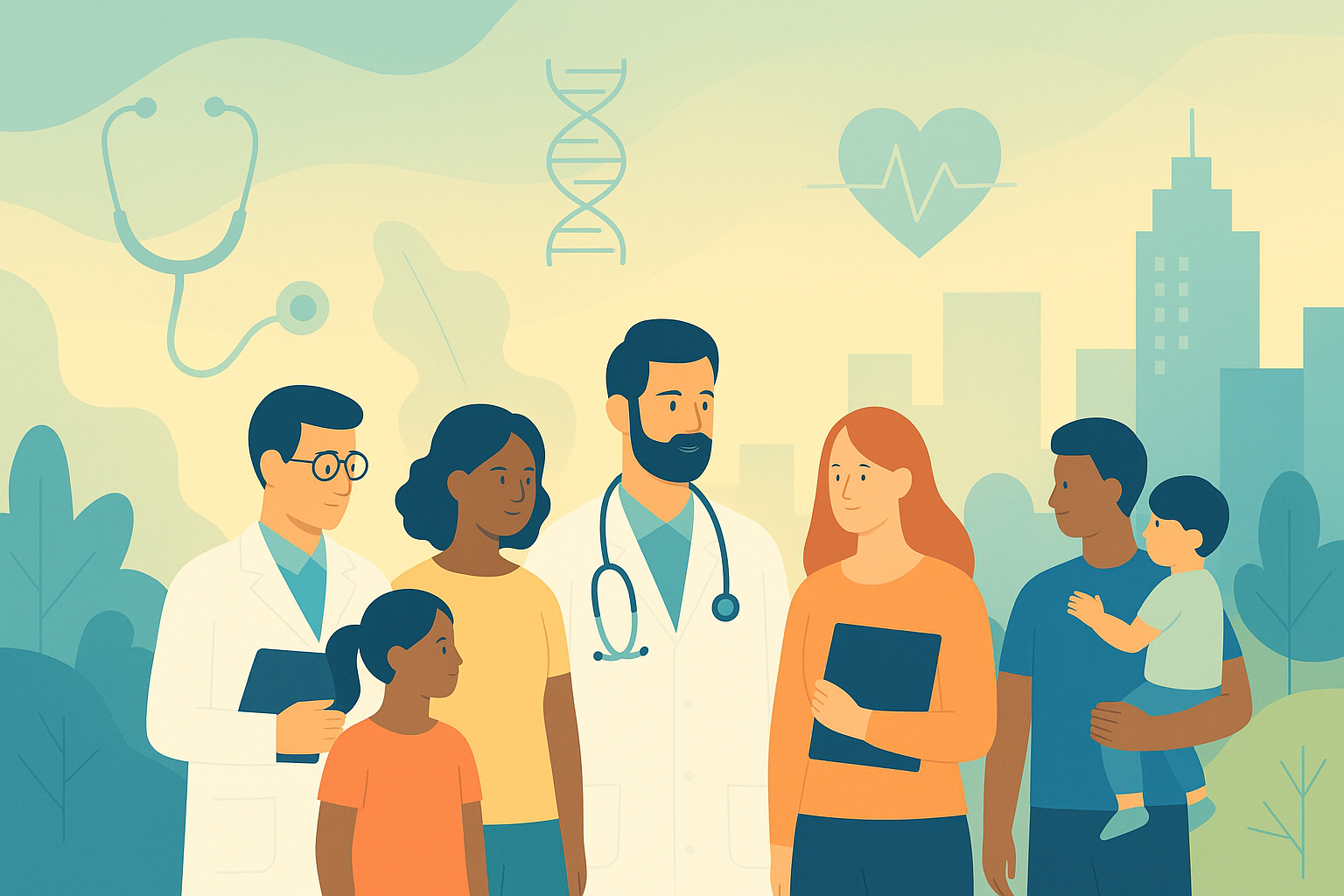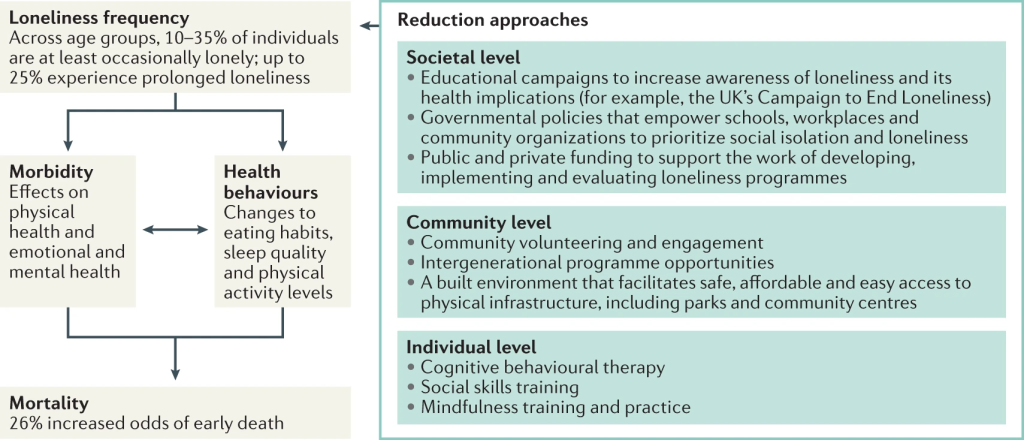
Understanding the Health Implications of Loneliness
In Loneliness and Health published in Nature Reviews Disease Primers, Louise C. Hawkley sheds light on the profound impact of loneliness on health. Hawkley defines loneliness as the distress resulting from a gap between desired and actual social relationships. This phenomenon is distinct from objective isolation, like living alone or having few social interactions, meaning one can feel lonely even amidst frequent social interaction or feel content in solitude. Hawkley’s research highlights that loneliness is not just a personal issue but a public health concern linked to increased mortality, cardiovascular diseases, metabolic disorders, and cognitive impairments.
The article also delves into the varied measures of loneliness, noting that they are not yet widely adopted in clinical settings, though they are crucial in research. Hawkley emphasizes the need for coordinated approaches to mitigate loneliness across individual, community, and societal levels. This includes interventions like social prescribing and cognitive behavioral treatments, as seen in initiatives like the UK’s appointment of a Loneliness Minister and the Ending Loneliness Together initiative in Australia. Such multifaceted strategies underscore the necessity of understanding and actively addressing loneliness as a significant factor influencing overall health and well-being.
This figure from the article identifies some of the macro and individual-level approaches that can be taken to reduce loneliness.

Stay on Top of Public Health News and Research
We curate the most critical updates in health research, community health milestones, and powerful advocacy movements weekly. Our newsletter serves as your personal informant, empowering you to make informed decisions and take meaningful actions in the health sector. By signing up for free, you’re not just getting updates; you’re getting an arsenal of knowledge to make a real difference in public health.



